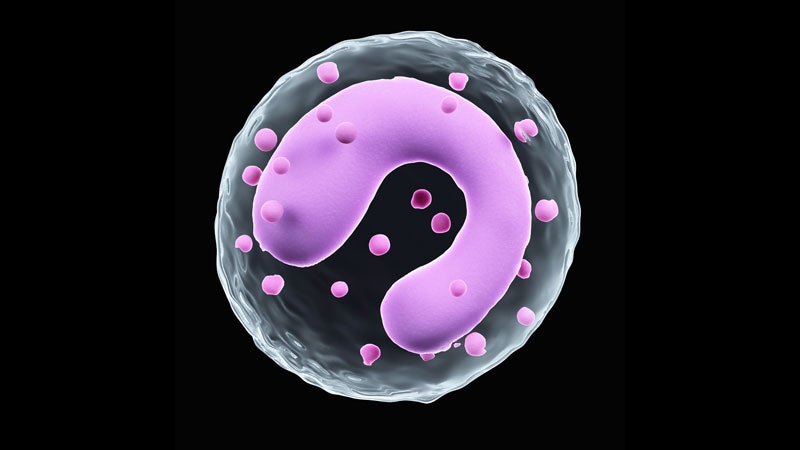Editor’s note: Find the latest COVID-19 news and guidance in Medscape’s Coronavirus Resource Center.
The coronavirus may damage blood marrow cells in patients with severe COVID-19, according to a new study published in the journal Science Immunology.
Previous studies have found that COVID-19 creates an “exaggerated” response from the immune system, and for some patients, this could occur in immune cells found in bone marrow, the researchers write.
The findings “lend support to the idea that therapeutic strategies targeting release of … cells from bone marrow should be considered in this disease,” they write.
The research team analyzed the immune profiles of 43 hospitalized patients during the peak of the pandemic in the UK. They found several shifts in immune signatures, particularly monocytes, which are new immune cells that are released into the bloodstream from bone marrow.
For most patients with mild COVID-19, abnormal levels shifted back to normal during their hospital stay. However, in COVID-19 patients with more severe disease, the monocytes didn’t function properly.
The researchers weren’t sure whether the monocytes were altered before they were released from the bone marrow or whether they were changed after they entered the blood, according to Reuters.
Even still, treatments that prevent the monocytes from being released could reduce the exaggerated immune response related to severe COVID-19, the news service reported.
Importantly, the immune irregularities were present before patients were admitted to intensive care, the researchers write, which could mean that hospitals should begin immune therapies soon after admission.
“Treating patients early after hospitalization is likely to be most beneficial, while … immune functions are disrupted,” they write.
The study was supported by The Kennedy Trust for Rheumatology Research, The Wellcome Trust, The Wellcome Trust/Royal Society, the Lister Institute, and BBSRC. The Oxford and Manchester NIHR BRC provided support for study design and sample collection. Author declarations are listed in the study.
Sci Immunol. 2020;5(51):eabd6197. Full text
